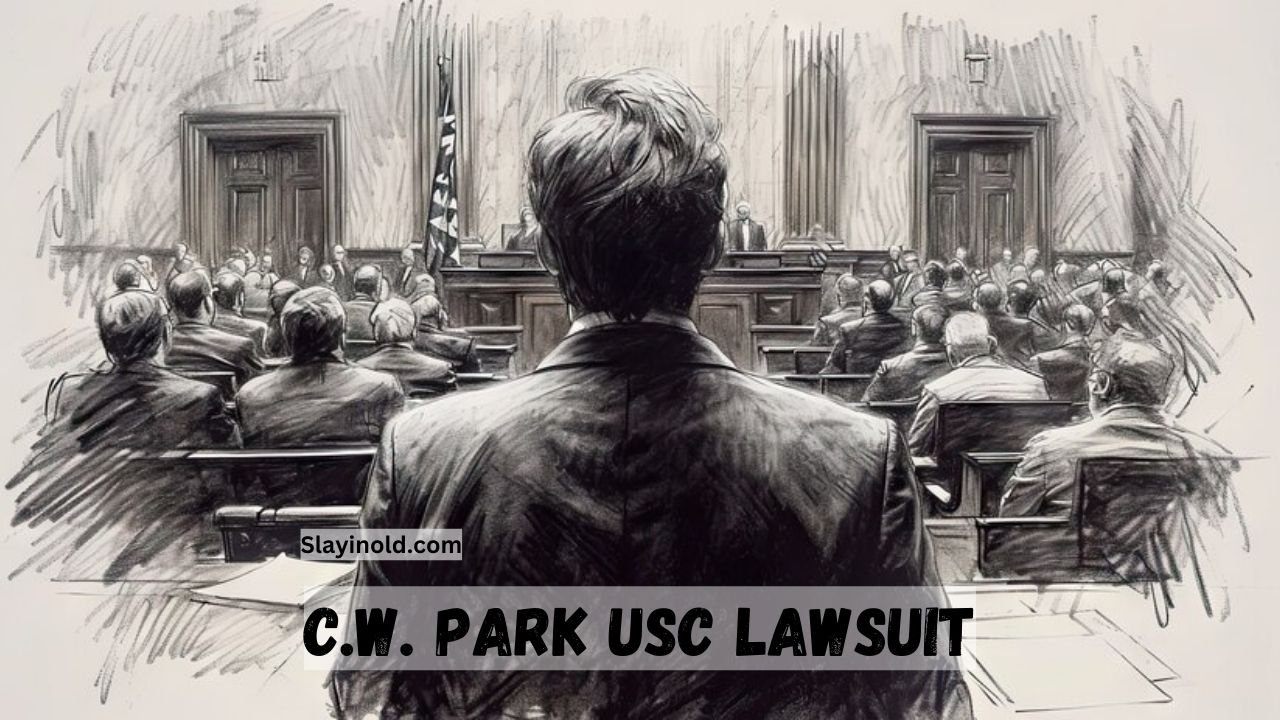The 72 Sold lawsuit has drawn attention in the real estate industry due to its impact on homeowners, agents, and the broader housing market. 72 Sold is a unique home-selling program that promises sellers a quick sale within 72 hours. While its approach has gained popularity for offering speed and convenience, recent legal challenges have cast a shadow over the program.
In this article, we’ll dive deep into the 72 Sold lawsuit, explore the details surrounding the claims, and discuss what it means for those considering using the service. Whether you’re a homeowner, a real estate agent, or just curious about the industry, understanding the key elements of this case is important.
What is 72 Sold?
72 Sold is a real estate program that promises to sell homes faster than the traditional listing process. Instead of the conventional method of putting a home on the market and waiting for weeks or months for a buyer, 72 Sold claims to sell homes in just 72 hours.
How the 72 Sold Process Works:
- Valuation and Assessment: Homeowners receive a valuation for their property.
- Offer Generation: The company works to generate offers within a 72-hour window.
- Sales Process: The goal is to close the deal quickly, offering the seller a hassle-free experience.
This method gained traction because of the convenience it offers, especially to homeowners who want to avoid the lengthy and sometimes frustrating process of selling their homes traditionally.
Details of the 72 Sold Lawsuit
The 72 Sold lawsuit arose from concerns about the company’s practices. Plaintiffs have alleged that the company misrepresented aspects of its service and failed to comply with certain real estate regulations.
Key Allegations:
- Misleading Advertising: One of the main claims in the lawsuit is that 72 Sold’s advertising was deceptive, leading homeowners to believe that the service was guaranteed to sell their homes within the 72-hour window. Critics argue that the marketing did not make clear the potential for delays or failed offers.
- Real Estate Commission Issues: Another point of contention is the commission structure of the deals. Some sellers have claimed they were not fully informed about the commission fees they would be responsible for, which were allegedly higher than standard rates in some cases.
- Failure to Disclose Risks: The lawsuit also claims that 72 Sold did not adequately inform customers of potential risks associated with using the service, including the possibility that their home might not sell as quickly as promised, or that they might receive lower offers than anticipated.
Legal Implications
The 72 Sold lawsuit has sparked discussions about transparency in real estate advertising and the responsibilities companies have when promising fast sales. Depending on the outcome, it could lead to:
- Changes in Advertising Regulations: Companies in real estate may be required to adopt clearer advertising standards, making sure that consumers understand the risks involved.
- Increased Oversight: Real estate organizations and regulatory bodies might increase scrutiny on programs like 72 Sold to ensure compliance with existing rules.
- Potential Refunds or Penalties: If the lawsuit rules in favor of the plaintiffs, affected homeowners may be entitled to refunds, and the company could face significant fines.
What Homeowners Should Consider
If you’re a homeowner thinking about selling your property using a service like 72 Sold, it’s essential to understand both the benefits and risks. While the program offers speed and convenience, you should carefully evaluate the details before committing.
Tips for Homeowners:
- Read the Fine Print: Make sure to thoroughly review all contracts, including the commission structure, potential penalties, and terms of the sale.
- Ask for Transparency: Before signing on with a quick-sale program, ask for a clear breakdown of all fees, the expected timeline, and any risks involved.
- Consider Traditional Methods: While programs like 72 Sold offer speed, they may not always result in the best financial outcome. A traditional real estate agent might be able to get you a better offer, though the process could take longer.
- Consult a Real Estate Attorney: If you’re unsure about any aspect of a contract, consult with a real estate attorney to avoid falling into legal pitfalls.
Frequently Asked Questions (FAQ) About the 72 Sold Lawsuit
1. What is the 72 Sold lawsuit about?
The 72 Sold lawsuit involves claims of misleading advertising, undisclosed commission fees, and failure to communicate potential risks to homeowners using the service.
2. Is 72 Sold a scam?
While 72 Sold is a legitimate company, the lawsuit claims that the company’s marketing and business practices may not have fully disclosed certain aspects of the service, leading some homeowners to feel misled.
3. How does 72 Sold work?
72 Sold promises to sell homes within 72 hours by generating quick offers from interested buyers. However, the lawsuit claims that these promises are not always met.
4. Will the lawsuit affect homeowners who have already sold through 72 Sold?
If the lawsuit results in a ruling against the company, it is possible that homeowners who feel misled could be entitled to compensation or other remedies.
5. Are there alternatives to 72 Sold for selling homes quickly?
Yes, there are other real estate companies and programs that offer fast sales. Be sure to compare services and read reviews before deciding on the right option for you.
Conclusion
The 72 Sold lawsuit highlights important concerns in the real estate industry about transparency, fair practices, and consumer protection. While the program may offer significant convenience for some homeowners, it’s crucial to approach with caution and fully understand the terms before proceeding. As the legal battle continues, it will be important for homeowners and real estate professionals alike to stay informed about the outcome and its broader implications for the housing market.
If you are considering using a service like 72 Sold, remember to weigh the potential risks against the benefits and seek professional advice when necessary.











